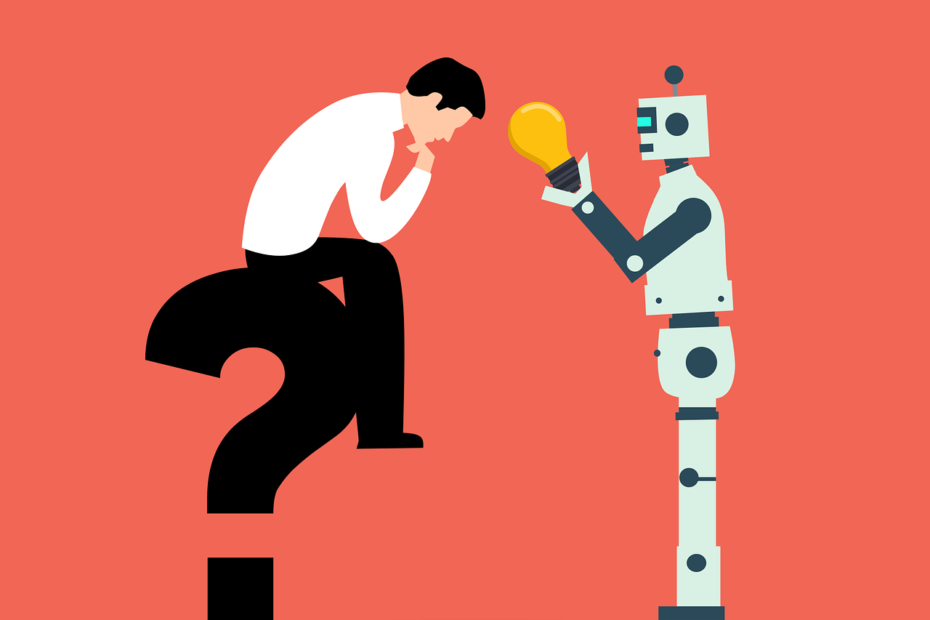Reducing the Power of Childless Cat Ladies?
JD Vance’s 2021 comments on how the Democrats are run by “childless cat ladies” are obviously – and probably deliberately – offensive, but the broader point of his remarks is one that’s worth considering. Vance’s broader point was that people without children “don’t really have a direct stake” in the country. He means, of course,… Read More »Reducing the Power of Childless Cat Ladies?










